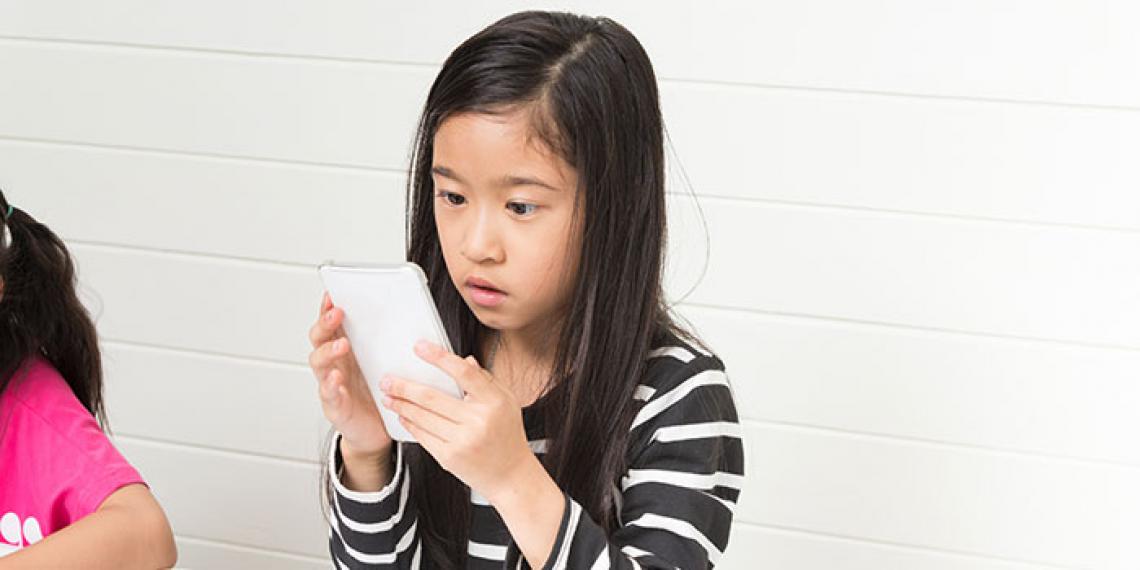You are here
Help, my kids love technology!

We tend to freak out about our kids’ obsession with technology, but expert John Parsons says that keeping kids safe online is more about family values than screen time.
‘The best firewall a child has online are family values and a sense of self-worth,’ internet safety consultant John Parsons recently told Radio New Zealand.
It’s a surprising piece of advice. ‘It’s starts off line,’ adds John. ‘Being raised in a family where they are loved, compassion is used every day and parents self-regulate. A lot of the teaching occurs away from cyberspace, so when they do pick up technology, children use it more appropriately.’
According to the famous Dunedin longitudinal study on children as they grow up, self-regulation is one of the key factors for success in all areas of life. In layman’s terms, self-regulation is the ability to control your emotions, rather than be controlled by them. It is the ability to ‘act in your long-term best interest, consistent with your deepest values’, according to psychologist Dr Steven Stonsy. When a child takes this key life skill into the online space, they will be better judge of characters and at regulating their own responses.
At the same time, it’s important to allow children to make mistakes—whether online or in real life, adds John. ‘When you say, “You’ve put that picture online and you’ve ruined your life”, that’s not the way to deal with a victim. We need to demonise technology less, and become less dramatic when a child does make a mistake.’
Instead, John advises that parents nurture a home environment where children feel safe talking about what is going on in their lives. ‘Sit down at the dining room table and be open and talk to them, and ask them what is going on in their life. That’s a conversation we should be having throughout their lives,’ he says. Then, if their behaviour changes or you are worried for them, you can walk closely with them and talk to them about what is going on.
Parental protection software is easily available at any computer store—and parents should make use of these aids. In addition, ensure computers are used only in the lounge or shared living space. When children become teens, they will want more privacy, but by then you have already provided the guidance and foundations that will keep them safe online. The real work has already been done, away from the screen.
How much screen time should my child have?
Brace yourselves parents, the American Academy of Paediatrics has recently put out guidelines about how much screen time our children should have each day.
0-2 years: Children under two should have no screen time! The main concern is that screen time can cause a disconnect between parent and child, so perhaps more realistic advice is to never use screen time as a replacement for your time together.
2-5 years: One hour a day. Children at this age can’t distinguish between cartoons, real life and advertising, so choose quality programmes like Sesame Street.
6+: At this stage, gauge your child’s screen time around their overall wellbeing. Healthy kids need 8–12 hours of school, homework, a least an hour of physical activity, social contact and play dates—as well as a good night’s sleep. If all else is in balance, some screen time can be part of their down time.